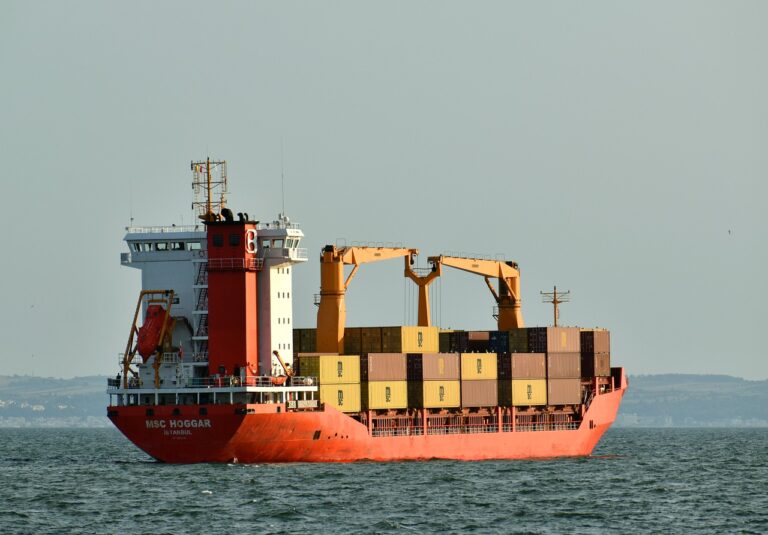Traveling Responsibly in Fragile Ecosystems: Preserving Biodiversity and Natural Beauty
Visiting fragile ecosystems brings a responsibility to respect the wildlife that calls these habitats home. It is vital to maintain a safe distance from wild animals and refrain from feeding them. By observing quietly from a distance, we can appreciate these creatures without causing them unnecessary stress or disruption to their natural behaviors. Remember, we are guests in their environment and should always prioritize their well-being above our desire for a close encounter.
Avoid littering or leaving any kind of food scraps behind when exploring fragile ecosystems. Even biodegradable items can disrupt the delicate balance of these habitats and harm the wildlife that inhabit them. Always pack out what you pack in, including any trash or leftover food. By practicing Leave No Trace principles and minimizing our impact, we can help preserve these ecosystems for future generations to enjoy while ensuring the wildlife remains undisturbed by human interference.
• Respecting wildlife in fragile ecosystems is a responsibility for visitors
• Maintain a safe distance from wild animals and avoid feeding them
• Observe quietly from a distance to appreciate without causing stress
• Prioritize the well-being of wildlife over desire for close encounters
• Avoid littering or leaving food scraps behind in fragile ecosystems
• Even biodegradable items can disrupt delicate balance and harm wildlife
• Practice Leave No Trace principles by packing out all trash and leftover food
• Minimize impact to preserve ecosystems for future generations
Choosing Sustainable Accommodations
When planning your next eco-friendly trip, consider staying at accommodations that prioritize sustainability. Look for lodgings that have implemented green practices such as energy-efficient lighting, water-saving fixtures, and waste reduction programs. By supporting environmentally conscious accommodations, you are contributing to the preservation of natural resources and the protection of fragile ecosystems.
Additionally, choose accommodations that offer locally sourced and organic food options. Supporting local businesses not only helps the community but also reduces the carbon footprint associated with transporting food long distances. Enjoying meals made with fresh, sustainable ingredients adds to the overall eco-friendly experience of your trip, making it a truly responsible and fulfilling travel choice.
Minimizing Waste and Pollution
When visiting fragile ecosystems, it is crucial to be mindful of the waste and pollution you generate. One simple way to minimize your impact is to reduce your use of single-use plastics. Opt for reusable water bottles and bags, and say no to plastic straws whenever possible. Additionally, make sure to dispose of your trash properly by using designated bins and not leaving any waste behind.
Another important aspect of minimizing waste and pollution while traveling is to choose accommodations that prioritize sustainability. Look for eco-friendly hotels or lodges that implement practices such as energy and water conservation, waste reduction, and recycling programs. By supporting establishments that are committed to reducing their environmental footprint, you can contribute to the preservation of fragile ecosystems and wildlife habitats.
How can we respect wildlife in fragile ecosystems?
One way to respect wildlife in fragile ecosystems is to stay on designated trails and avoid disturbing plants and animals in their natural habitat.
What are some ways to choose sustainable accommodations?
Look for accommodations that have green certifications, use renewable energy sources, and implement water conservation practices. You can also support eco-friendly hotels and lodges that prioritize sustainability.
How can we minimize waste and pollution during our travels?
To minimize waste and pollution, you can reduce single-use plastics by bringing reusable water bottles and shopping bags, dispose of waste properly in designated bins, and opt for eco-friendly transportation options such as biking or public transportation. Additionally, supporting local businesses and buying locally-sourced products can help reduce the carbon footprint of your travels.





